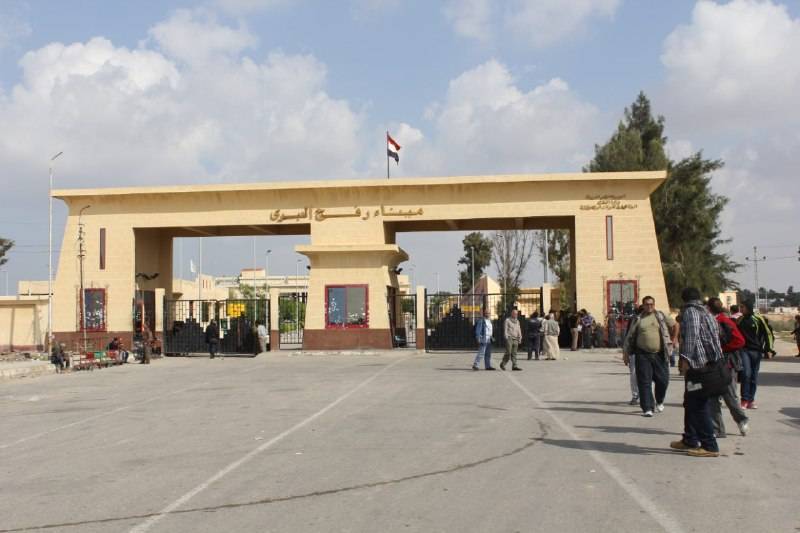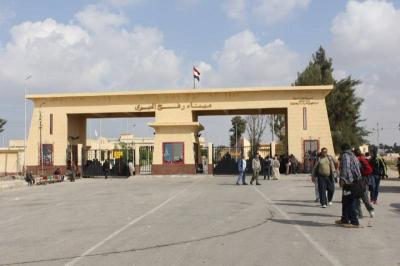Israel's Channel 13 reported that Prime Minister Benjamin Netanyahu's government is interested in relocating the Rafah crossing to be closer to the Kerem Shalom crossing, allowing Israel to regain security control over the crossing, which it relinquished in 2005 during the Israeli withdrawal from the Gaza Strip, which included a complete withdrawal from the Philadelphia Corridor. The channel indicated that Israel is currently discussing with Egypt the possibility of moving the Rafah crossing to the commercial transit area of Kerem Shalom, believing that this would avoid conflict between Israel and Egypt regarding the crossing and the Philadelphia Corridor, while enabling Israel to conduct security inspections and monitor traffic from the crossing currently controlled by Hamas.
It was added that the Egyptians have not yet responded, but the United States is enthusiastic about the idea. The Philadelphia Corridor extends 14 kilometers along the border between Gaza and Egypt and is classified as a buffer zone under the 1979 Camp David Accords between Egypt and Israel. Israel withdrew from that area in 2005 under a plan by then-Prime Minister Ariel Sharon, which also involved the evacuation of all Israeli forces from the Gaza Strip and the dismantling of settlements in the area. In 2005, Israel signed the Philadelphia Agreement with Egypt as a supplement to the Camp David Accords.
Hamas took control of the Rafah crossing in 2007, ending the presence of the Palestinian Authority there following its military takeover of the Gaza Strip. On Saturday evening, Yedioth Ahronoth reported a senior Israeli official stating that Israel and the United States are also discussing building an underground barrier along the border between Egypt and Gaza to prevent the smuggling of weapons into Gaza, similar to the barrier Israel constructed on its own border.
The official told the newspaper, "Even after we regain control over the Philadelphia Corridor, this will not prevent smuggling through tunnels under Rafah, which is why we are working on building an underground barrier." He added, “What exists today in Gaza has been built up over 15 years, and destroying it takes time. If there is an underground barrier, it will be very difficult to resume smuggling.”
### U.S. State Department Response
In its initial response to the proposal to relocate the Rafah crossing, the U.S. State Department commented that the Rafah crossing is a residential area inhabited by more than two million civilians, and thus this area should not be targeted.




